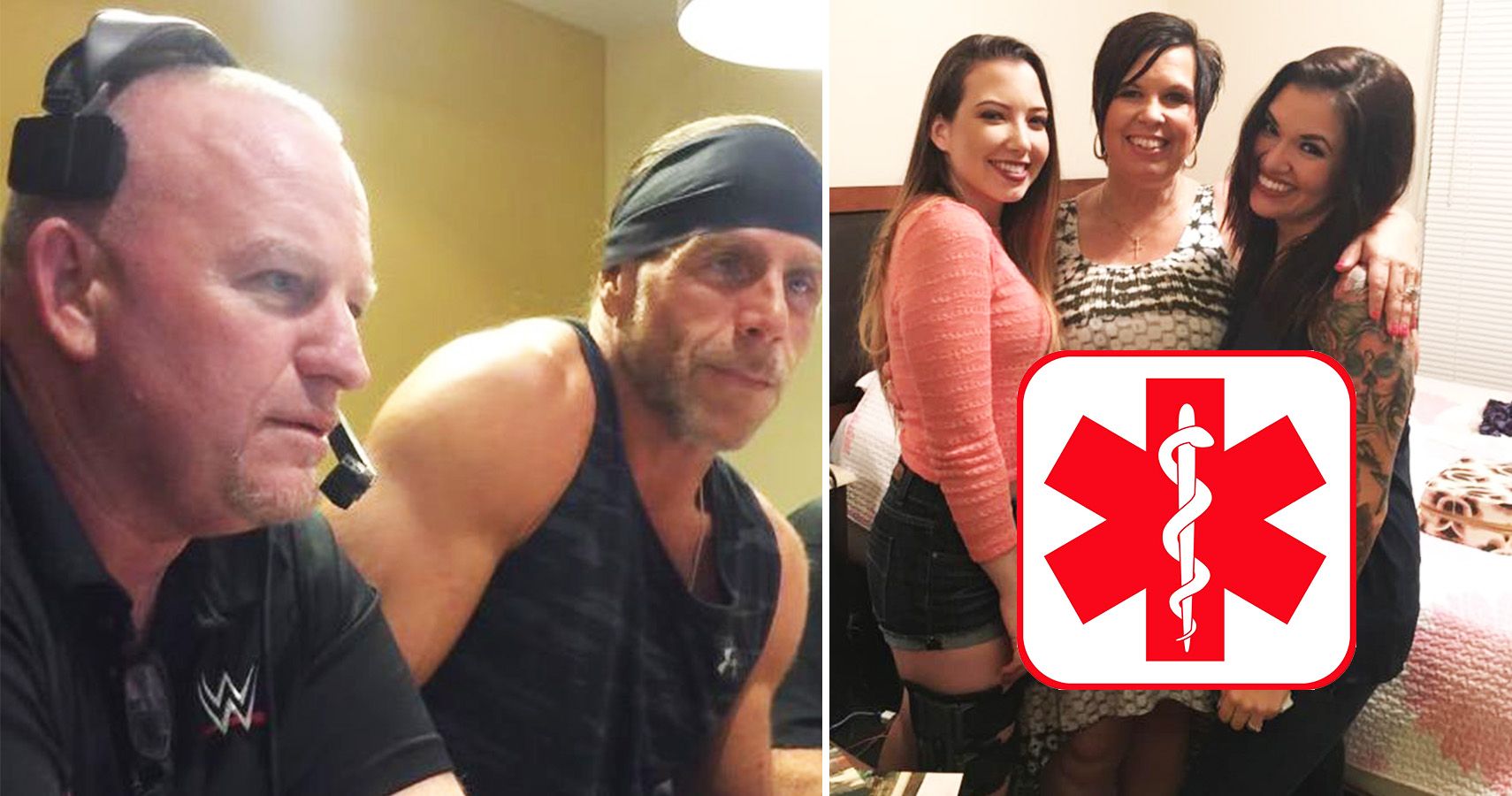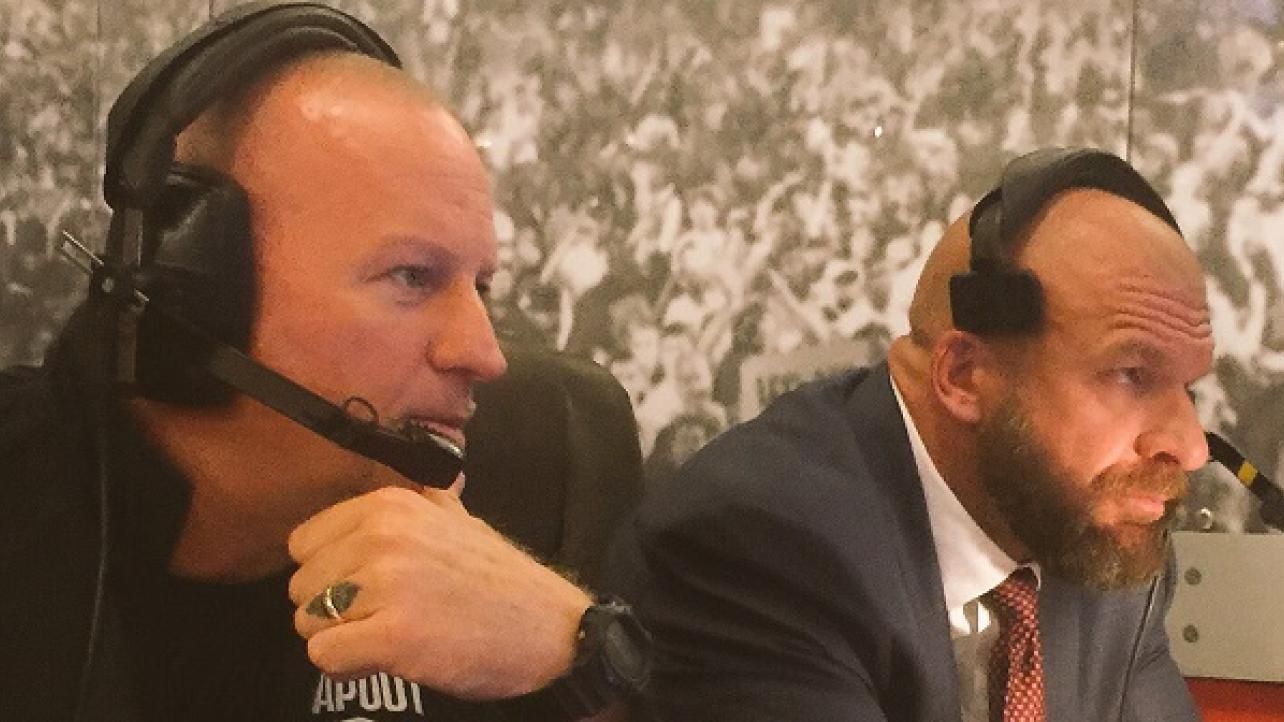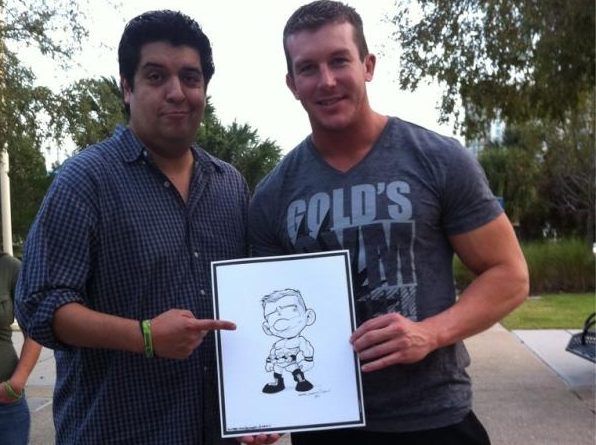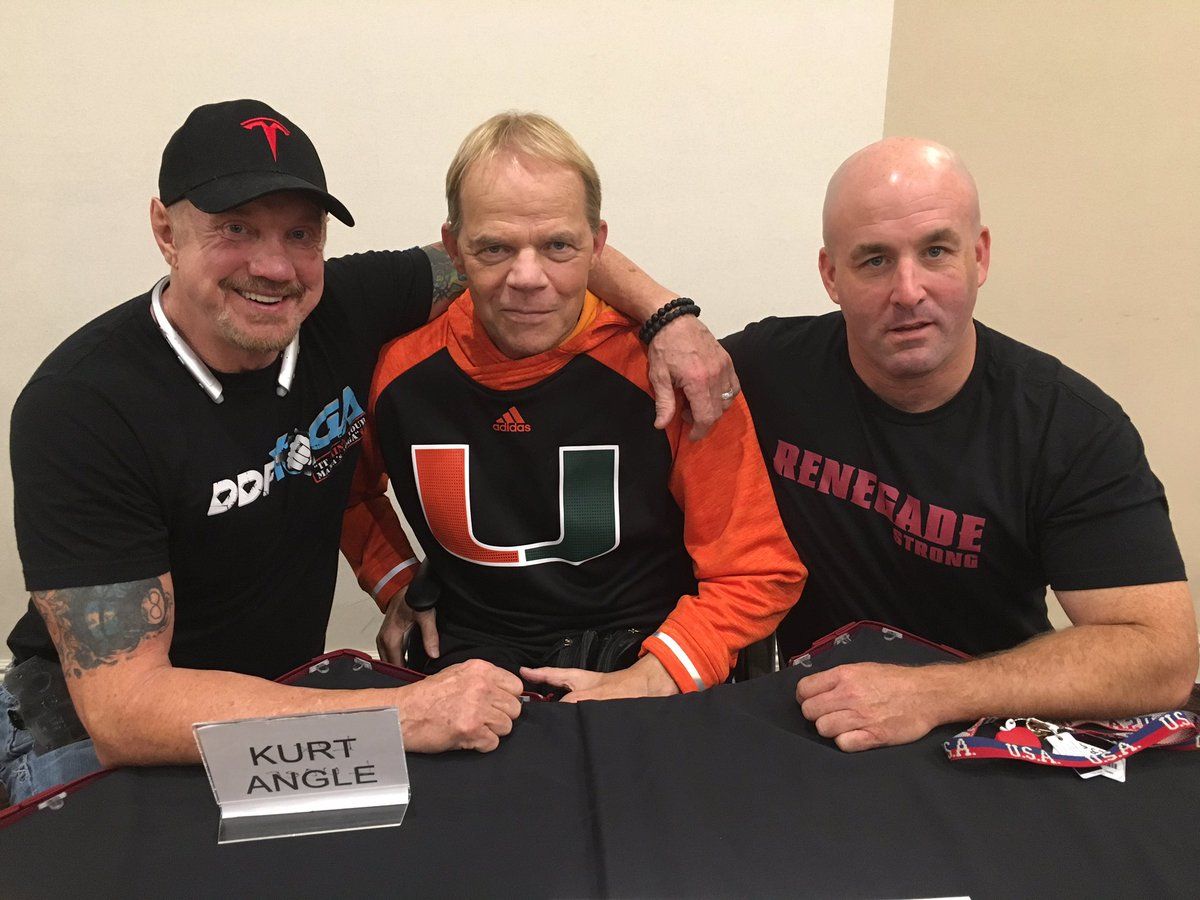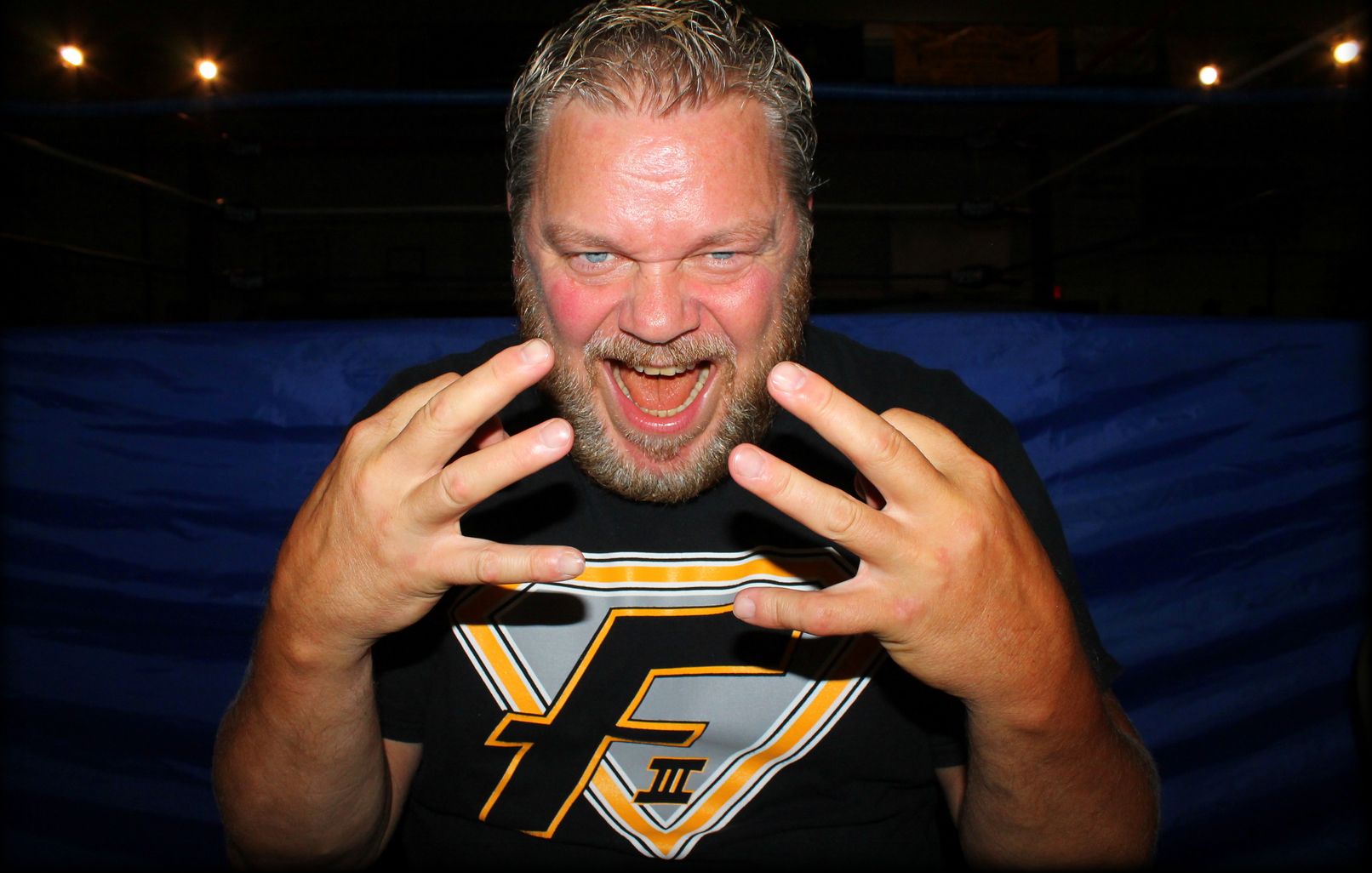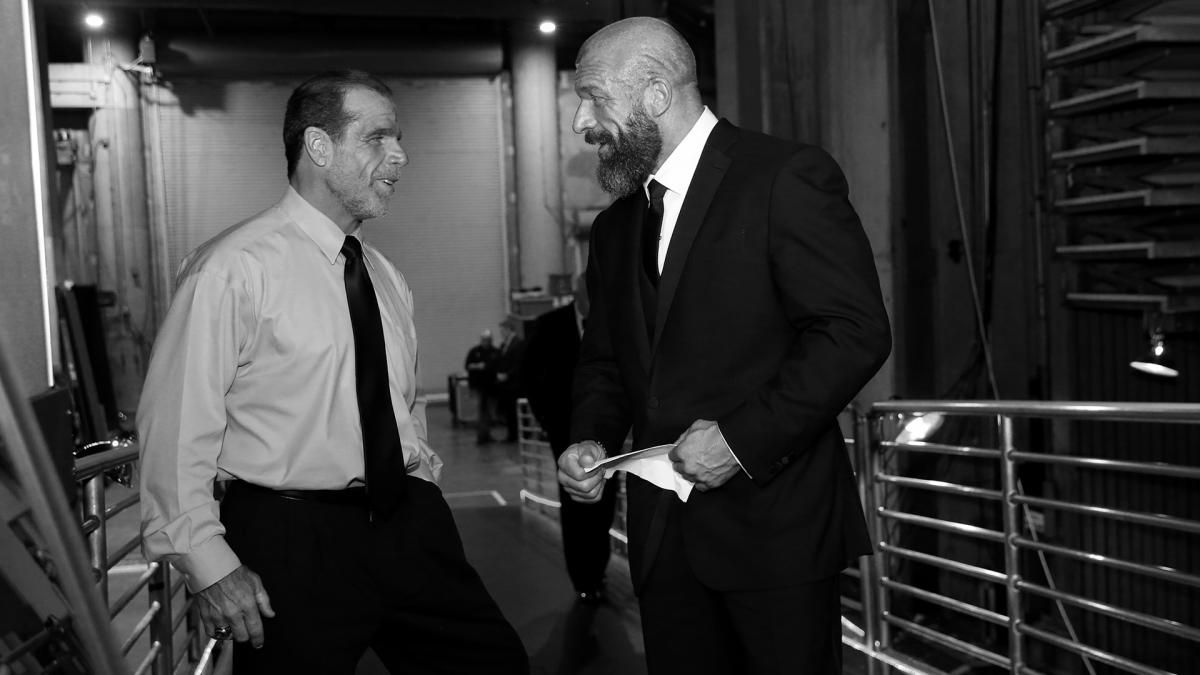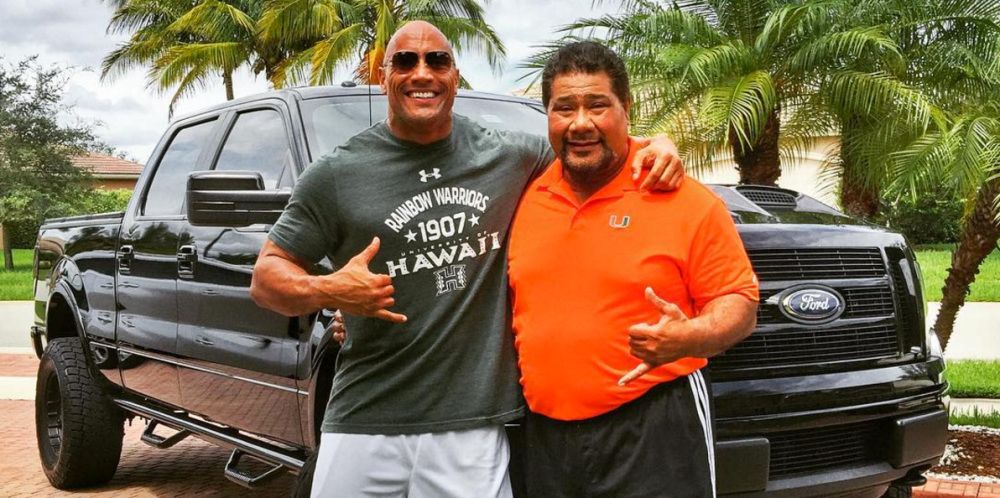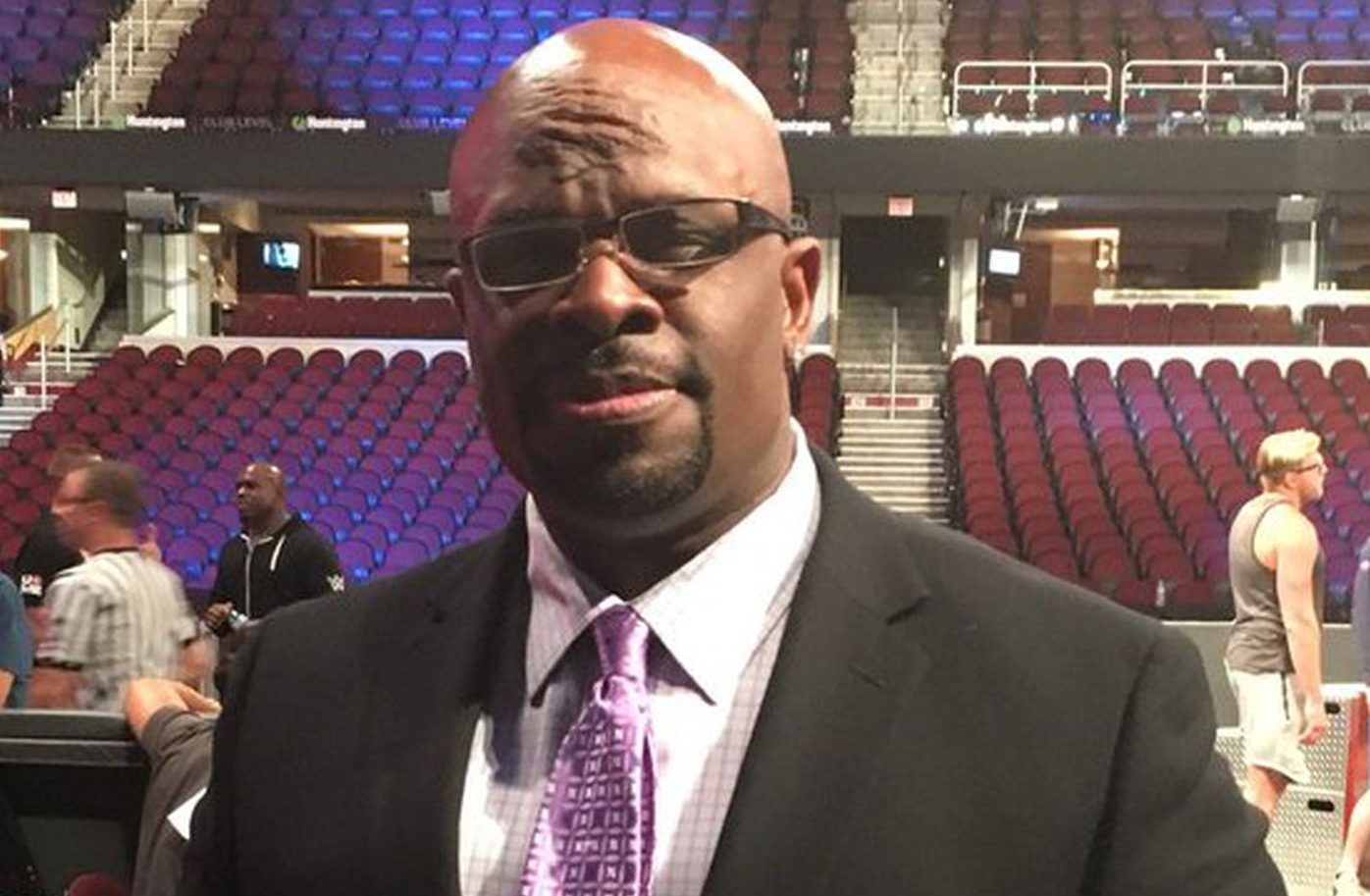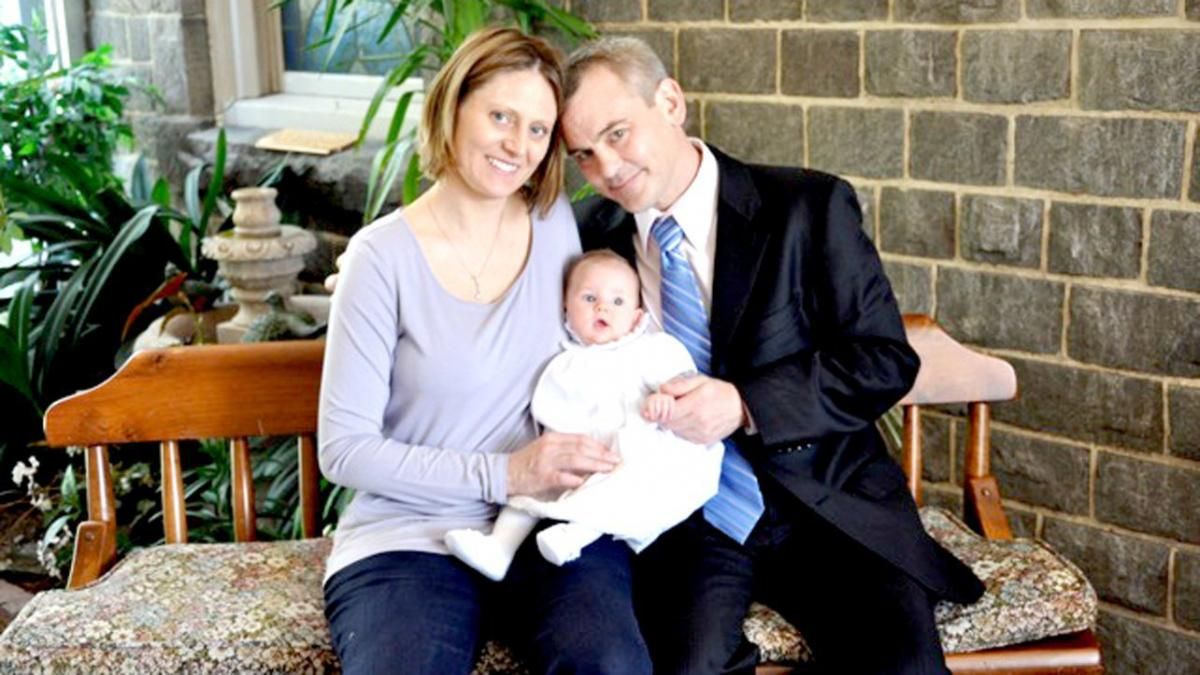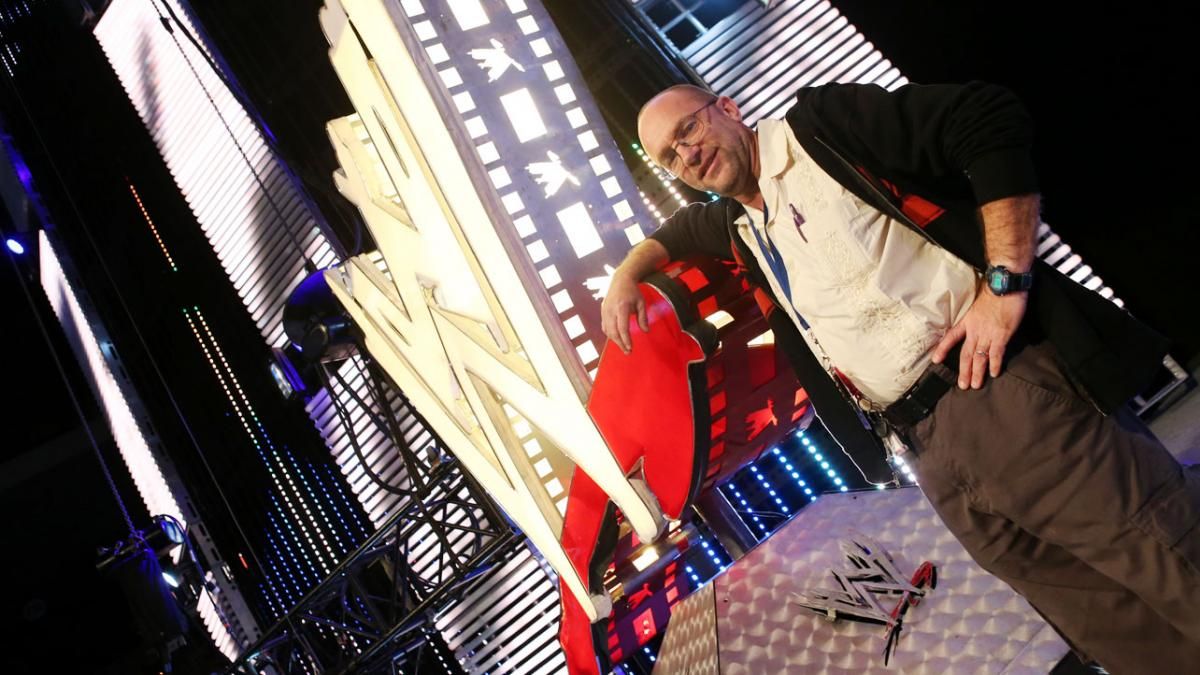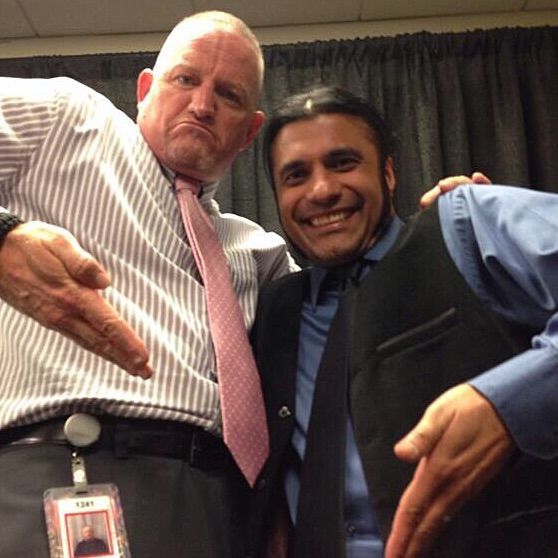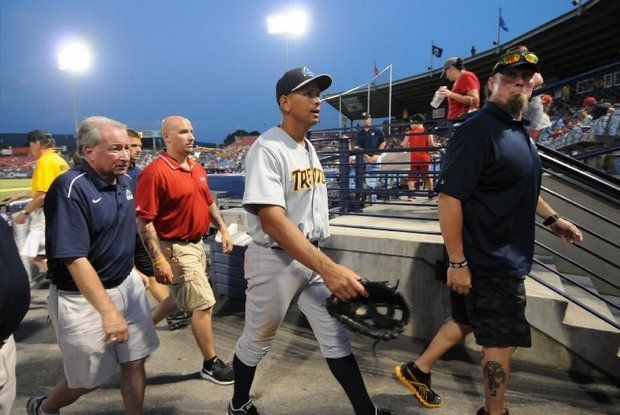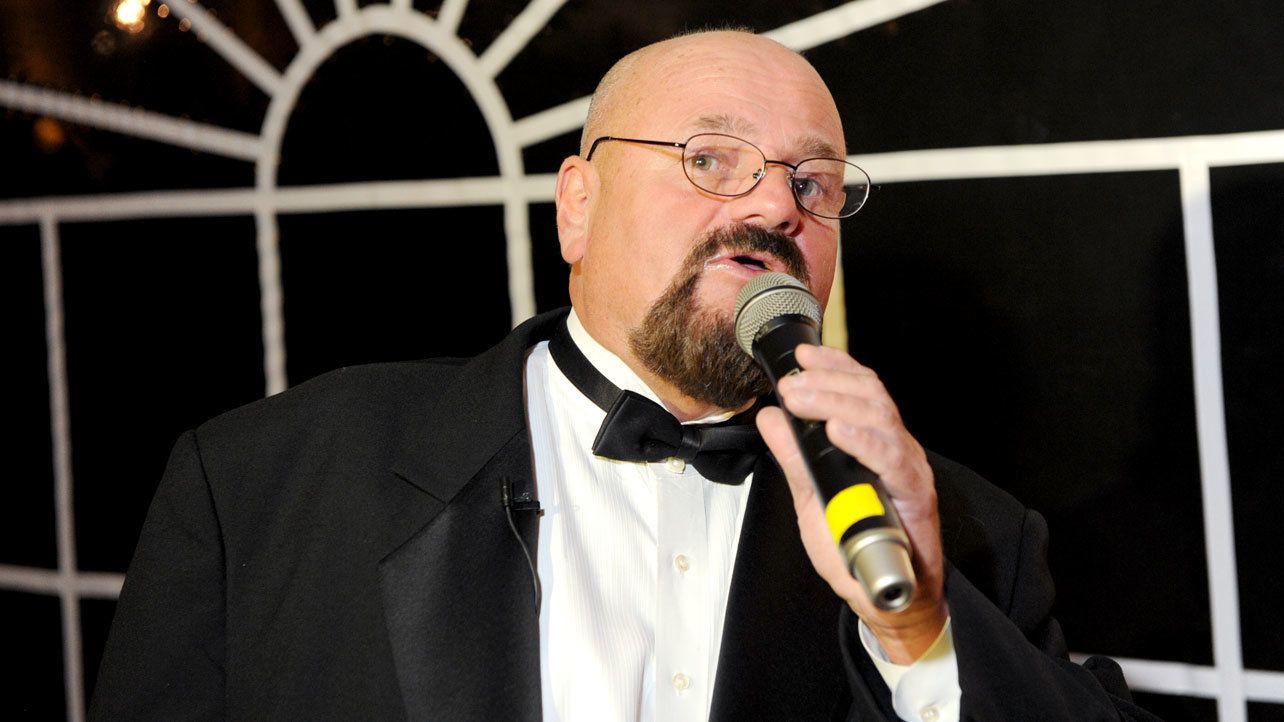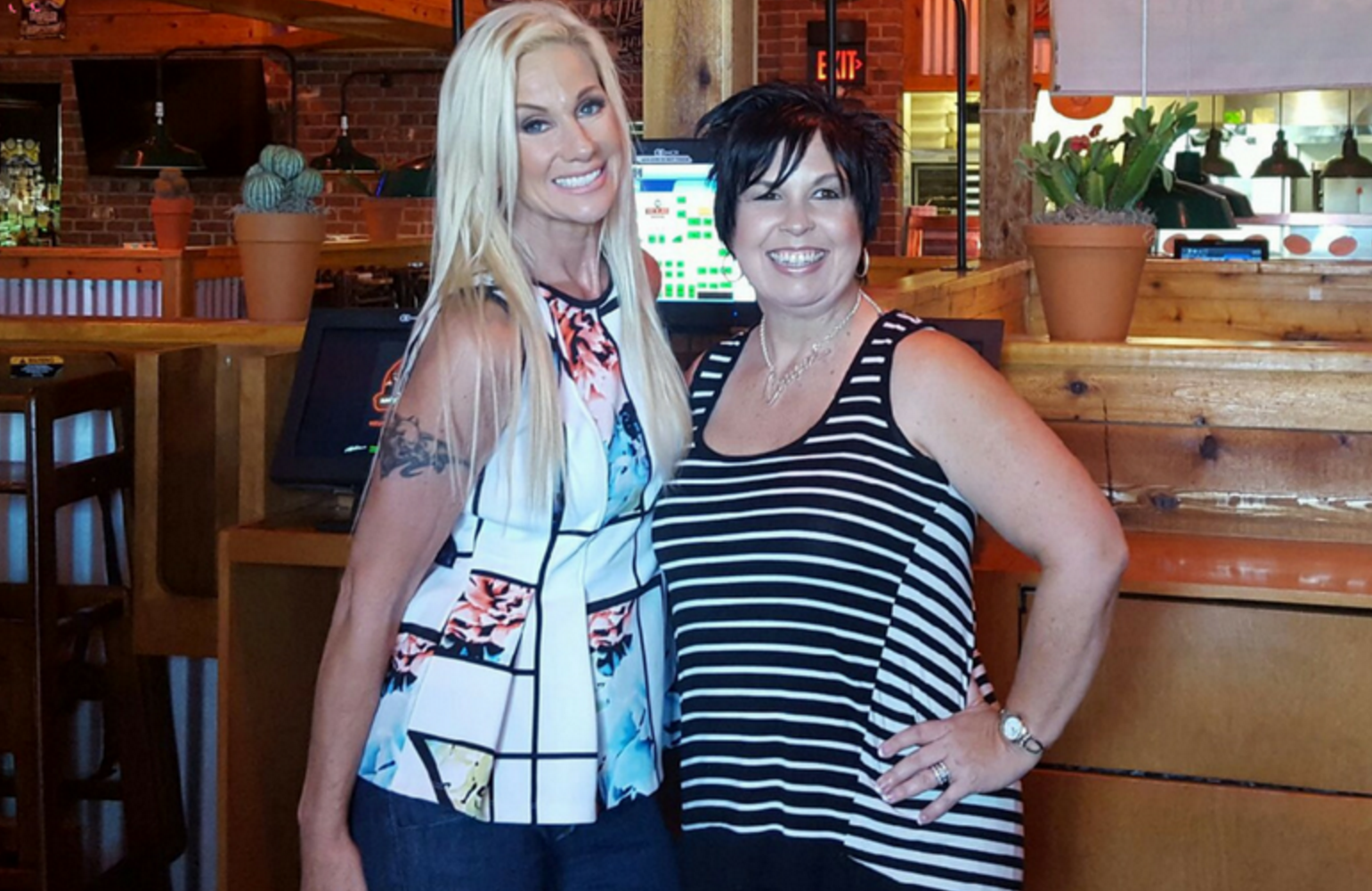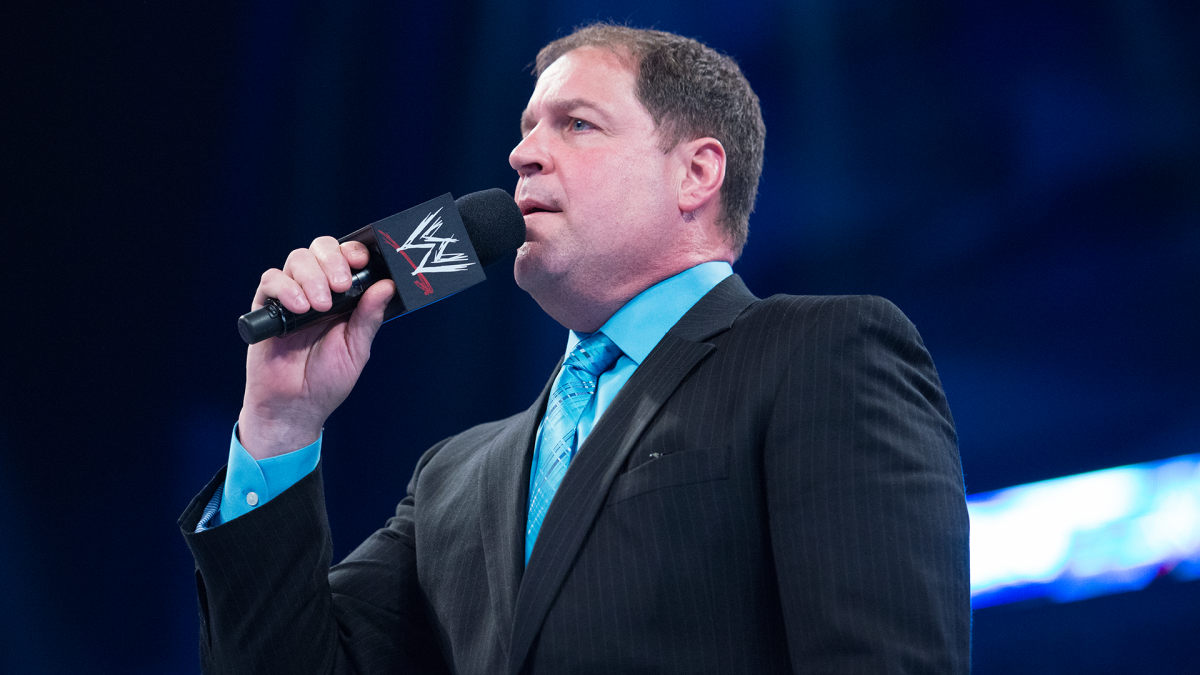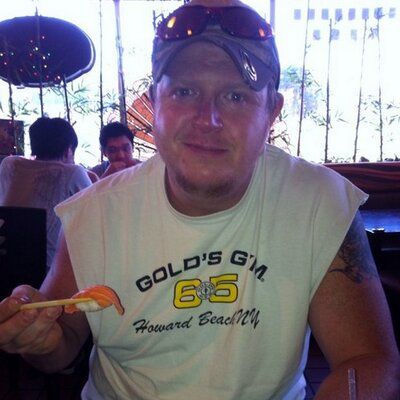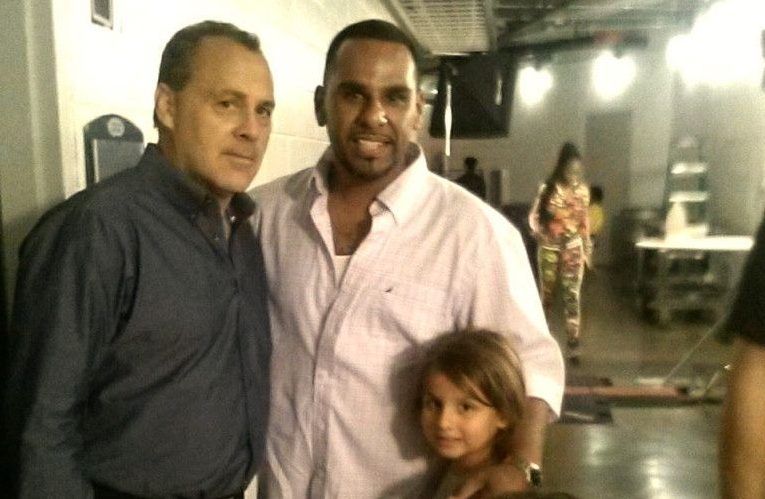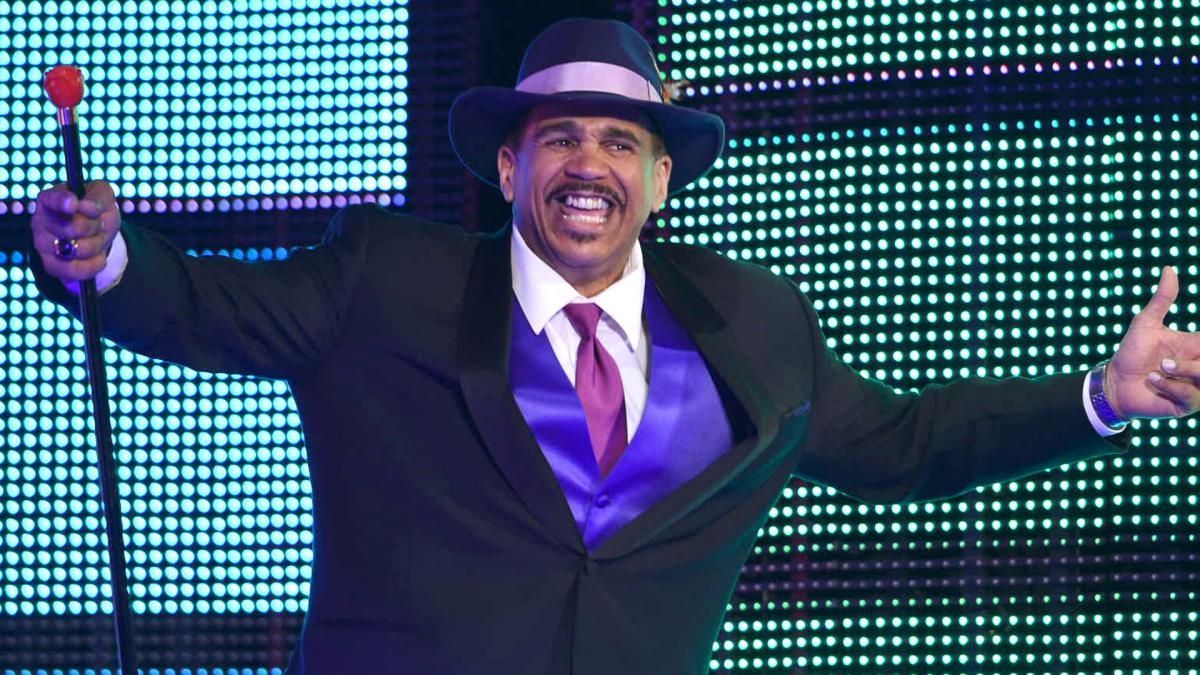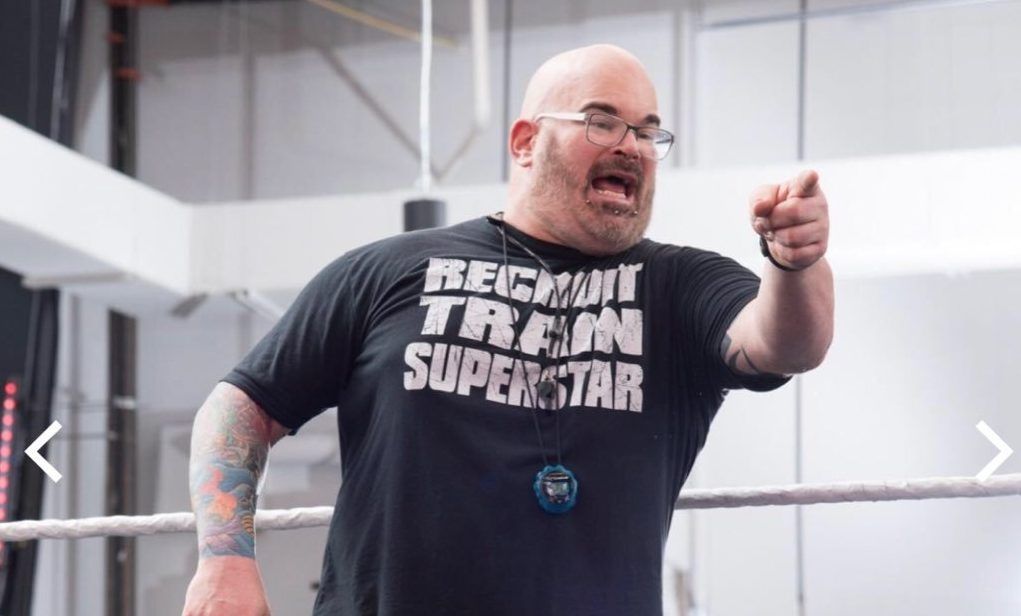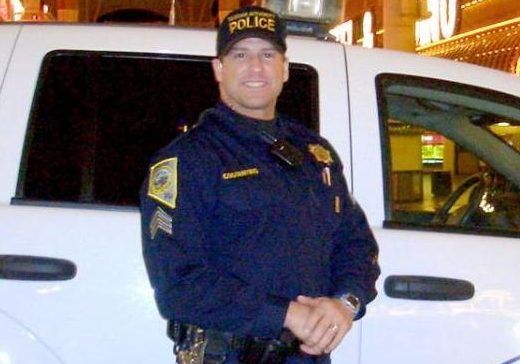The life of a professional wrestler—and particularly one who reaches the upper echelons of the business with a WWE contract—is unique to say the least. Succeeding in the business includes staying healthy and maintaining the conditioning of a professional athlete and the look of bodybuilder or model. It also involves rigorous travel commitments, media and charity work, and increasingly maintaining a social media presence. On top of all of these pieces, there’s the core pieces of the actual wrestling job—getting in the ring and working in a profession that requires tremendous skill to no only make the wrestling look good, believable, and entertaining, but also to keep the oneself and one’s performer safe over the course of the match.
But what to do wrestlers do after their careers are done? Wrestlers are working longer and longer these days, benefiting from working smarter, taking more time away mid-career, and a changing climate for whom WWE will employee, and who can find work on the indies. Just the same, the human body has its limits, and before most people reach their breaking points, they decide that it’s time to transition to at least a less physically demanding line of work.
Tradition saw old wrestlers move into roles as managers, color commentators, or, more recently authority figures. There are still those talents like Ric Flair, Booker T, Jerry Lawler, Mick Foley, and Paige who’ve gone down those roads. There are also, however, more and more wrestlers who have found other ways of finding their livings. For some, it’s a matter of transitioning into behind the scenes roles at WWE itself. For others, it’s onward, if not upward, to more everyday types of jobs. This article looks at ten former WWE stars who quietly got other jobs in WWE, and ten who got regular jobs.
20 Job In WWE: Road Dogg
The Road Dogg is part of the famed Armstrong wrestling family. While he looked to settle into his generation of his family’s norm, as a lower profile role player, he wound up finding stardom under the Road Dogg persona. As the Road Dogg, he had an opportunity to let his personality shine as a unique talker and iconic tag team partner to Billy Gunn as the New Age Outlaws, most famously a key part of the D-Generation X stable.
The Road Dogg’s career in the ring stretched longer than most would have expected, including a nostalgia run, reprising his team with Gunn from 2013 to 2014 that included a final tag title reign and WrestleMania match. He has now, however, mostly settled into retirement.
The Road Dogg had experience as an agent, helping wrestlers with their personas and helping them put together WWE friendly matches, and headed back into that role when he stepped away from the ring again.
He has transitioned to a more powerful role as a key creative contributor to the SmackDown brand.
His work has received mixed responses from fans, with the general consensus that the blue brand’s storytelling has succeeded under his guidance, despite some more specific criticisms for a failed Royal Rumble in 2015 that he purportedly masterminded, and trading barbs with critical fans on Twitter.
19 Regular Job: Ted DiBiase Jr.
Ted DiBiase Jr. is came into WWE with a world of potential in front of him. He’s the son of the Million Dollar Man Ted Dibiase, one of the most iconic characters and most respected workers in WWE history. With his impressive physique and clean cut looks, he looked to have a real shot at breaking out as an eventual main eventer and world champion. A kayfabe partnership with Randy Orton, and teaming with Cody Rhodes to compete with DX each suggested he might make it to the top.
As it turned out, DiBiase’s WWE run fizzled, as WWE simply didn’t seem to know what to do with him away from the Legacy stable, and he never achieved any real sustained momentum. He’d wind up heading out of WWE altogether in 2013, and has only worked in wrestling very occasionally since.
DiBiase has remained active, though successfully transitioning to the regular world. He used some of his fame and fortune in wrestling to start his own charitable foundation in 2012, and was, in recent years, noted for working in a leadership role with CollegeGarageSale.com—a site that focuses on selling used college textbooks (though the site no longer lists him on staff at press time).
18 Job In WWE: Lex Luger
Lex Luger soared to fame in the 1990s. While he may never have been the most sound wrestling technician, nor the best liked guy by his peers in the locker room, Luger’s awesome physique and personality helped him connect with crowds and earn main event opportunities in both WCW and WWE. In 1993, he was positioned to replace Hulk Hogan as the patriotic public face of WWE’s business, before a lukewarm fan reaction shuffled him down the card.
Luger had a falling out with WWE when he left abruptly for WCW.
Between his business decisions and his wavering health, it was little surprise when WWE chose not to bring him back as a wrestler. He underwent a series of drug related issues, and his life seemed to have bottomed out when his domestic partner Miss Elizabeth overdosed and died in his presence, after which he suffered temporary paralysis from a nerve issue in his neck.
Luger cleaned up his act, though, after he found religion. He made a quiet return to the WWE fold in recent years and has worked as a counselor in support of the company’s Wellness Policy rehab program. Based on his personal experiences and credibility, there are few guys better suited to that particular role with the company.
17 Regular Job: Shane Douglas
Shane Douglas’s legacy in the wrestling business is centered on his work for ECW, and most particularly being the first champion who went Extreme—casting down the NWA World Championship that had been entrusted to what was then known as Eastern Championship Wrestling in favor of seceding and formally launching the ECW fans know and love.
Douglas may well not have had that opportunity to shine and become the standard bearer were it not for previous efforts with WCW and WWE, and he’ work his most recognizable mainstream gimmick as Dean Douglas, a heel teacher character who enjoyed a very brief reign as Intercontinental Champion.
Douglas remains a vocal wrestling personality and despite his advancing age continues to work indie shows on a regular basis. His other job? He works for Target.
Douglas got into a war of words with Ric Flair in shoot interviews about his employment status, as The Nature Boy suggested Douglas was an embarrassment for having to stoop so low after wrestling stardom. The Franchise countered to indicate that he feels no shame at all in working a normal job to make sure he can consistently provide for his family—particularly in contrast to Flair, notorious for taking on debt to live beyond his means.
16 Job In WWE: Shawn Michaels
Shawn Michaels is widely celebrated as one of, if not the single best professional wrestler in WWE history. He was athletic. He was innovative. He had personality, and he could tell a story in the ring like few before or since. Fortune allowed him to come of age at exactly the right time to be the face of WWE in the mid 1990s, in an era when the company became more friendly to smaller talents. Moreover, he had the good fortune of physically and mentally recovering to have second pass at a WWE career with another run during the 2000s that was arguably even better than his original body of work.
With that kind of career behind him, it’s little wonder that Shawn Michaels would become a heavily sought trainer.
He had a period of running his own wrestling school during his late 1990s to early 2000s sabbatical from the ring. Now, he’s back at it with a better infrastructure as a trainer at the WWE Performance Center. Michaels is vaunted as a master teacher of psychology, and a guy with unparalleled credibility in coaching youngsters on how to polish their in ring game and hone in on their characters. Michaels also has connections, and has notably brought in friends to assistant coach with him for short spells. Edge recently filled his role for Michaels, helping out in Orlando for a few day stint.
15 Regular Job: Haku
Haku went from a tag team guy to an upper mid card heel in WWE before jumping ship for WCW. There, his Meng character started out hot as an indestructible bodyguard to manager Colonel Rob Parker, before downgraded by degrees to just another mid card heel. While his final WWE run, in which he teamed up with Rikishi opposite the Brothers of Destruction saw him reach new heights in WWE, his glory was short lived and didn’t really affect his broader resume as a sports entertainer.
Haku has a unique legacy in wrestling for having had a respectable mid-card career on screen, only to have his legend grow after he’d left the spotlight. As podcasts, shoot interviews, tell all books, and Internet reporting picked up, word leaked to fans: the guy was a complete badass. Legends about Haku range from winning backstage fights to dominating barroom brawls, including an apocryphal tale of pulling out someone’s eyeball.
While Haku hasn’t left wrestling completely—indeed, he appeared with the Bullet Club for New Japan as recently as last year—he has settled into a vocation. According to a where are they now article at WWE.com, Haku now manages a car detailing shop in Florida.
14 Job In WWE: D-Von Dudley
Though D-Von Dudley may not have been as celebrated of a talker, and didn’t enjoy as strong of a singles career as his kayfabe brother Bubba Ray, he’s nonetheless a wrestling legend. Particularly as half of the Dudley Boyz, D-Von became one of the most decorated tag team wrestlers in history, collecting gold in WWE, ECW, TNA, and internationally. The Dudleys returned for one last run in WWE from 2015 to 2016, but were clearly a nostalgia act more than a serious threat to the tag titles, much less the upper card at that point.
After Bubba Ray and D-Von finished up that run, D-Von stuck around the company and traded in his camouflage wrestling gear for a suit to begin work as a producer or agent. Rather than mixing it up in the ring himself, he works with today’s Superstars on plotting out key spots and progressions of matches. D-Von still gets his hands dirty every now and again, though, seen from time to time as one of a crew of backstage officials breaking up particularly raucous brawls at ringside or in the locker room.
Clearly, WWE management thinks highly of D-Von, to not only keep him on the payroll, but to have also honored him and Bubba Ray with a Hall of Fame induction this past year.
13 Regular Job: Spike Dudley
Despite having a relatively short time in the wrestling limelight, and never working as more than a lower mid card talent—most memorably as a sidekick to the Dudley Boyz--Spike Dudley remains a somewhat iconic figure in wrestling history for his unique look, and having risen to fame during the white hot Attitude Era. He came into WWE with ECW cred, and had a respectable enough run working the tag team division, among cruiserweights, and as a comedic performer. Moreover, he’d wind up parlaying his time with WWE to work with TNA and with a variety of independent promotions over the years to follow.
Like most wrestlers, there came a time when Spike needed to settle down and get off the road. In a 'where are they now' feature with WWE.com he described that one of the great misgivings about his wrestling career was that he hadn’t saved or invested his money as carefully as he should have.
Fortunately, as he started a new chapter of his life, centered on family, he found a new career, too, as a financial planner.
Spike’s new career is certainly more stable and practical for an aging family man. Additionally, Spike noted in the WWE.com interview that he’s actually been able to use his new trade to help out wrestlers, advising them on how to avoid or recover from similar financial mistakes to the ones he made when he was younger.
12 Job In WWE: Harvey Wippleman
Harvey Wippleman worked as a heel manager for WWE throughout the 1990s. While Bobby Heenan’s iconic run as a corner man trailed off, and he transitioned more exclusively his broadcast role, Wippleman had a brief run as the de facto top heel manager. During that time, he backed guts like Sid Justice and Kamala. He later transitioned to a more comedic role—particularly as Jim Cornette rose to prominence with WWE, and then Ted Dibiase picked up steam as a manager, leading his Million Dollar Corporation stable. At that point, Wippleman feuded with Howard Finkel and took to managing Bertha Faye against Women’s Champion Alundra Blayze.
Wippleman faded from the spotlight by degrees, becoming a referee, and appearing sporadically in a suit in an implied management position. In reality, Wippleman has stayed on an worked primarily as a gopher for the company. While that title may sound pejorative, the general opinion seems to be that he was respected as a guy who could get all sorts of things done, ranging from running errands, to communicating important information, to returning rental cars for talent. Wippleman spoke about his work on Jim Ross’s podcast, and it’s clear that this role has helped him see a different side of the business and get to know the inner workings of WWE.
11 Regular Job: Eve Torres
Eve Torres had the misfortune of rising to fame with WWE during an awkward period, years ahead of the current Women’s Revolution. Despite her impressive athleticism, real life jia jitsu skills, and looks, she was relegated to heading up a division that was an afterthought, rarely getting to work matches that went much past five minutes. As such, despite her talents, she had a forgettable face run, and her time as a heel may be even more frustrating because she also demonstrated great personality then, but still didn’t have many opportunities to shine.
Torres left WWE on her own accord in 2013. While she still works for the company occasionally as an ambassador, she’s moved on for the most part. She works several more regular jobs now. She married into the famed Gracie family and has worked as a trainer and advocate for women’s self defense. Additionally, she’s gotten into the event management and party rental businesses, partnered with her sister in law Sage Allard.
Though Torres has all the physical tools to come back to wrestling and has done some acting and modeling work since, leaving, interviews suggest that she’s more content now with being her own boss and diversifying her professional pursuits.
10 Job In WWE: Ranjin Singh
Ranjin Singh isn’t exactly a household name, and for those fans who tuned out of wrestling from 2007 to 2008, he’s the sort of manager who could easily be missed. Just the same, he was a staple figure week to week during that period. First, he was the mouthpiece and corner man for the Great Khali as a heel—a period during which he interestingly earned heat in part for not showing a lot of personality. He’d become a better defined character upon the original debut of Jinder Mahal, at which point he and Khali turned face, and Singh played Kahli’s little buddy to stand up for and defend.
Though he was an on screen character, Singh’s bigger contributions to WWE have surely come as a writer. His real name is Dave Kapoor and both before and after his tenure on screen, he has served as a creative contributor at different levels of WWE programming. It’s interesting, in fact, that fans would know him better by his kayfabe persona when he’s undoubtedly been more important to the company, and the wrestling business as a whole, in this backstage capacity. There is always the potential for him to return to the public eye, though, as proven when Khali made a one night return in 2014 with Singh playing his sidekick once again. As long as Singh is on the WWE payroll, there is the potential to quite easily reintroduce him to the audience.
9 Regular Job: Snitsky
Snitsky had an unusual introduction to the WWE audience. He debuted looking as though he might be merely enhancement talent, only to surprisingly be involved in a complicated angle in which Lita suffered a kayfabe miscarriage, ending her pregnancy with Kane. Thus, Snitsky became a regular part of the roster, cast as a villain who, rather than feeling remorseful, came across as sadistic. While claiming, “It wasn’t my fault,” became his tagline, he also infamously punted a baby doll into the crowd just to mess with Lita.
Snitsky had an imposing physique and monstrous look that made him a reasonable enough fit as a WWE villain, but his limited in ring talent and connection with the crowd resulted in a relatively short WWE career. He understandably got some acting work, particularly in horror movies in the days to follow.
Most interesting of all, Snitsky used his size and intimidating presence to transition to a more everyday career as a bodyguard.
Fans have notably photographed him escorting baseball superstar Alex Rodriguez. With his strength, physical build, and real pedigree as not only a WWE wrestler but a serious football player, it’s tough to imagine anyone wanting to mess with anyone Snitsky was protecting.
8 Job In WWE: Howard Finkel
Howard Finkel rose to fame as a ring announcer for WWE, particularly synonymous with Madison Square Garden and his proclamation men who where “new” or “still” WWE Champion. He traveled the globe with WWE, though, emerging as arguably the most iconic ring announcer in wrestling history for his signature formality and flair. Though WWE wouldn’t always respect him on screen, including casting him for various comedy bits toward the tail end of his full time run, including an awful feud with Harvey Wippleman, he nonetheless remained a mostly dignified character. It was particularly telling when, years after his retirement from ring announcing duties. CM Punk brought him back at Survivor Series 2011 as his personal ring announcer, opposite Alberto Del Rio with Ricardo Rodriguez. Fans immediately recognized Finkel and were all too eager to cheer him. Likewise, he was an unexpectedly popular figure on the Legends House reality series filmed for the WWE Network.
Behind the scenes, Finkel was a key player for the McMahon family doing a variety of jobs and helping out with communication between the office and talents. A variety of wrestlers have reported Finkel being the one to call them with big news about their careers. Finkel also reportedly had an on and off role in the scheme of WWE’s creative teams.
7 Regular Job: Vickie Guerrero
Vickie Guerrero may not have set out to be part of the wrestling business, but when she married Eddie Guerrero, she couldn’t stay away completely. While Eddie was still alive, Vickie’s most memorable part in the wrestling product was playing her husband’s conscience in a storyline that saw Eddie claiming to be Rey Mysterio’s son’s paternal father, and trying to take custody of the boy. Vickie most memorably interceded in a ladder match for the custody papers.
After Eddie passed on, Vickie was hired by WWE as an on air personality. When she turned heel, and particularly when she worked in cahoots with Edge, and later with Dolph Ziggler, she blossomed as a surprisingly effective heel manager and authority figure. Her “Excuse me!” catchphrase, screeched over microphones across the country became particularly memorable.
Rumor has it that WWE offered Vickie a job for life in the wake of Eddie’s death, but she decided to walk away in 2014 to pursue a career in medical administration, which included first completing her degree in the field.
Though she remarried in 2015 and seemingly left wrestling behind, she did make a one off appearance this past January as part of the first women’s Royal Rumble.
6 Job In WWE: Tony Chimel
A casual fan could easily overlook and fail to recognize Tony Chimel. He had very few meaningful storylines and never had much of a well defined personality in his on screen role with WWE, and thus isn’t someone who fans look back to and remember for his great matches or promos. Nonetheless, Chimel a part of the fabric of WE programming for the better part of decade, primarily as the signature ring announcer for SmackDown.
When Chimel resurfaced at the 2017 WWE Hall of Fame induction ceremony to introduce Edge during his wife Beth Phoenix’s speech, it was a fun throwback surprise. As it turns out, it wasn’t all that difficult for WWE to get Chimel to make an appearance—he was on the payroll the whole time.
Though Chimile was an on air personality from the 1990s into the 2000s, he actually started working with WWE in the 1980s and remains on staff to this day as an all around contributor to WWE’s live events. He’s a trusted key figure in making sure that the shows go off without a hitch, not to mention that there’s always the potential for him to pinch hit as an experienced ring announcer.
5 Regular Job: Trevor Murdoch
Trevor Murdoch had a perfectly respectable run with WWE in the 2000s, which most famously saw him cast as the hard nosed tag team partner to Lance Cade. Though Murdoch had quite a resemblance to wrestling legend Dick Murdoch, he was not actually related to him, but rather assigned the same kayfabe surname to imply a familial connection and give him a little extra credibility. Particularly for old school fans, Trevor’s look was a bit of a breath of fresh air for defying the bodybuilder build in favor of looking more like a rugged everyman.
When it came time for Murdoch and Cade to split up, it was obvious enough who was going to get the big star push, if only for the way he looked. Murdoch hung around for a while as essentially an enhancement talent, but was more or less done after he’d jobbed out to his former partner.
Murdoch has carried on with an independent wrestling career since, and even had a brief stint working for Impact Wrestling.
A 2014 interview with WWE.com revealed that he transitioned to having a more stable day job, though, drilling in the ground to install fiber optic cable for a heavy machinery company.
4 Job In WWE: Dean Malenko
When The Radicalz debuted with WWE, they made a huge splash. The crew of WCW workhorses, Eddie Guerrero, Chris Benoit, Perry Saturn, and Dean Malenko were a shock to see on Monday Night Raw backing Mick Foley, before turning heel shortly thereafter to back up Triple H. It bespeaks their talents that Guerrero and Benoit would persevere until they were, themselves, headliners in WWE, while Saturn had a respectable mid-card run with the company. It’s interesting to note that Malenko enjoyed the least longevity on the WWE roster, despite many experts and peers rating his talents, particularly as a scientific wrestler on the mat, as equal to if not greater than those of Guerrero and Benoit.
Malenko was a bit older than his colleagues, though, and lacked both the personality and flashier style that might have spelled greater stardom in WWE. He did quite all right for himself, though, transitioning directly from his role as an active part of the roster to that of an agent who helps out backstage plotting out matches and giving wrestlers feedback and ideas. That role is probably ideal for The Man 1,000 Holds, as it calls on his depth of knowledge, technical expertise, and innate sense of how to manipulate a crowd, all in the interest of helping and up and comers achieve their own successes.
3 Regular Job: The Godfather
Few wrestlers stayed with WWE as long, and more visibly changed gimmicks than Charles Wright. He debuted as Papa Shango, a monster heel practitioner of voodoo magic. From there, he became Kama the Ultimate Fighting Machine, who morphed into Kama Mustafa with the Nation of Domination, who gave way to the Godfather pimp character, who led directly into playing Right To Censor’s sanitized Goodfather.
In the end, it’s the Godfather gimmick that Wright is best remembered for, in part because he fell into it during the wildly successful Attitude Era, and in part because it seemed like a such a natural fit and a character Wright genuinely seemed to enjoy playing. Indeed, that’s the gimmick under which he accepted his WWE Hall of Fame induction, and the character he revisits when he makes periodic guest appearances on WWE programming.
In terms of life after wrestling, Wright has stuck relatively close to his most successful gimmick.
He settled down in Las Vegas where his primary vocation became managing a Cheetah’s gentlemen's club. Surrounding himself with beautiful women in a seedy setting, meant to appeal to a primarily male clientele? It all sounds like it would fall right up the Godfather’s alley.
2 Job In WWE: Lord Tensai
Prince Albert, who was quickly rebranded to the ring name A-Train, was a reasonably talented big man as WWE transitioned from the Attitude Era to the so called Ruthless Aggression era. He worked in teams with Test and The Big Show, but struggled to get over past the level of bigger and better celebrated talents like Show, The Undertaker, and Kane.
A tour of Japan looked to revitalize the man, though, as he took on the edge of a harder hitting style. When he re-signed with WWE, he looked to have a main event push in store. Under the new gimmick of Lord Tensai, he was pitched as a rival to John Cena right off the bat.
Unfortunately for Tensai, the fans hadn’t forgotten his earlier persona, and he had the misfortune of resurfacing right around the same time Brock Lesnar returned to the WWE landscape. The net effect was that fans couldn’t take him seriously. He was quickly demoted back to the mid card before riding out his days in a tag team and feud with fellow lame duck big man, Brodus Clay.
Things all worked out for Tensai, though, as he took on a job with the WWE Performance Center as a trainer. He’s well liked in the role and was in the right place at the right time to move into the head trainer role after Bill DeMott vacated it under controversial circumstances. While Triple H tends to get credited with NXT’s success, there’s little question that Tensai, too, is excelling in preparing particularly the true rookie talents.
1 Regular Job: Rico
Rico was an oddball character for WWE in the 2000s, playing a flamboyant heel who seemed to loosely riff off of past stars like Adrian Adonis. He achieved his greatest notoriety in more of a manager’s role, backing up the tag team of Billy and Chuck, and particularly seeing through their purported gay relationship and commitment ceremony. Rico would end up emerging with arguably the greatest heat coming out of this scenario as it was revealed that he’d masterminded the perception of the gay coupling to get attention. Billy and Chuck splintered from him upon the reveal, while Rico dug in his heels as a villainous character.
For as oddball and anything but straight laced as Rico’s character was, he wouldn’t be the first wrestler any fan would peg for a career in law enforcement.
Rico had, however, been a police officer before transitioning to wrestling, and went back toward that trajectory after he hung up his boots. An interview with WWE.com revealed that he has since been employed with the US Marshals and the Nevada State Police. He cited that, in his mid 40s, he wasn’t interested in keeping up with the wrestling travel schedule, and so returning to the roots of his professional pursuits was the right call for him.

